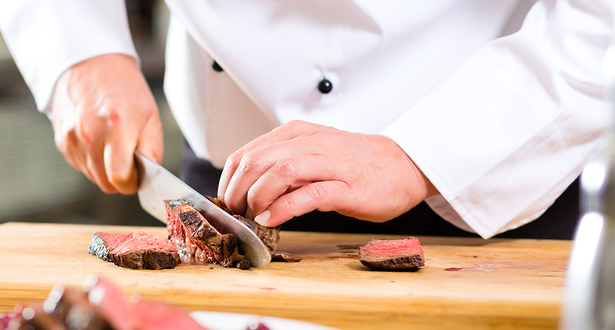5 Steps for Hotel Operators to Retain Guest Loyalty
After adding up the the costs of advertising, marketing, and sales people used to attract new customers, it is easy to see that obtaining new customers costs much more than keeping your current guests loyal to your hotel. Surveys have proven that the top reason customers stop returning to a hotel is because they feel unappreciated. To reduce costs hotel operators should prioritize hotel brand loyalty and keeping current guests happy.
- Leave a lasting impression. Show your guests how much you appreciate their business with a parting gift or even a sincere “thank you.” A few ideas to impress hotel guests: give them a small box of truffles or a jar of jam with your logo as a memorable personalized thank you. To take the hospitality one step further, handwrite a thank you note that is custom-made especially to your guest.
- Keep in touch. Make sure your guests remember who you are and remember their stay, even if they only visit once. Throughout the year, send a letter or email that keeps them updated on the latest activities and news at your establishment and tell them how much you look forward to their next stay with you. Create a social media presence for your hotel by making updates, running contests, and posting pictures on various social media platforms, such as Facebook, Twitter, or LinkedIn.
- Reward their loyalty with exclusive deals. Design special packages or deals just for your guests that are a part of your loyalty program. This displays your appreciation for their loyalty, encouraging them to choose to stay with you rather than your competitors in the future.
- Ask for feedback. Don’t take your guests for granted just because they stay with your hotel regularly – more than likely, they have feedback to give you. When you receive feedback from your guests, be sure to fix any issues they have observed as quickly as possible. Negative feedback creates an opportunity for you to exceed expectations, show your dedication to your guests, and let them know that you do care about their opinion. Promote face-to-face interaction – start a casual conversation with a guest, and then ask if they enjoyed their stay and what they would like to see improved for their next visit. When there is an issue, keep your guest updated and inform them when it has been resolved. Be sure to check websites like TripAdvisor.com as well for reviews, good or bad.
- Train your staff. Your staff should have the appropriate training and tools in order to provide the level of service that your guests expect and deserve. Your staff should be able to recognize loyal guests and handle any complaints that may come their way. By having confidence and authority, your staff will appear more professional, leading to more trust from your guests. If your staff is able to resolve a negative situation without your assistance, that’s even better.
The hospitality industry revolves around hotel guest loyalty, so when you see an opportunity to wow your guest, take advantage – it could make the difference between that guest returning or choosing to stay somewhere else. Source1 Purchasing is a leading strategic supply chain management group focused operational efficiencies for the hospitality industry in order to keep your business running smoothly and helping you keep guests coming back time and time again.


















